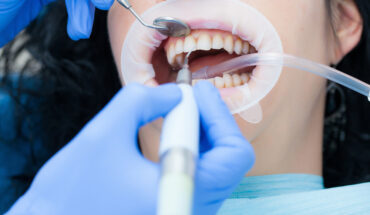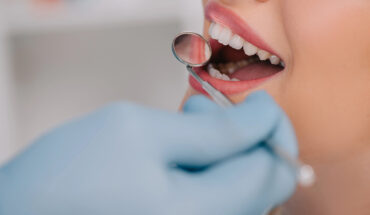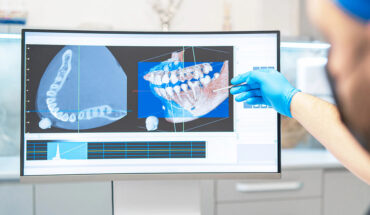
Dentists operate differently, and it is essential to choose the right practitioner for you and your family. First, ensure the person to handle your oral health and treatment is licenced. A qualified dentist will have the skills to undertake dental procedures safely.
The Low Allergen Dentist
Apart from the qualifications, you should consider dentists practices before accepting their service. Studies show that allergic reactions occur in some people who undergo cosmetic surgery and other dental procedures. It can be mild or severe, but it is best to choose the low allergen dentist. You will find dentists who promote themselves as gentle, holistic or even low-allergen. However, it is critical to differentiate the service from standard practitioners.
The professionals adopt natural techniques that do not cause an allergic reaction to the patient. Holistic services are widely searched online, and you can get a customized treatment. It includes electroacupuncture, hypnosis, herbology, spirituality, homeopathy, aromatherapy and nutrition lessons.
The Risk Factors
Getting your dental treatments from a low allergen and holistic dentist is beneficial. You can avert exposure to things that will cause an allergic reaction. Sometimes it happens in the treated area or appears in a separate area. Here are some risk factors to consider;
Metal Materials
Statistics show that females are at a higher risk of getting an allergic reaction to metals than men. Dermatitis is a common allergic reaction from metallic items. The signs include dryness, blisters, cracks, which may be itchy and red. Studies show that copper, nickel, chromium are the most significant metallic risk factors in dentistry. Still, you can be allergic to other types of metal, which is the primary raw material for most of the equipment that dentists use.
Latex
Probably you know people who are allergic to latex. Since it is a requirement for dentists to wear latex gloves to prevent the spread of diseases like AIDS, it poses enormous chances of patients getting allergies. Still, continuous exposure to the material can start to irritate and can develop into an allergy. However, low allergy dentists have alternative ways that do not involve latex gloves.
Resins
Resin is a common raw material for developing dental fixtures in cosmetic dentistry. They are in the dental products to fill gaps, attach crowns or veneers, and seal fissures. However, very few people experience an allergic reaction from the procedures. The signs appear immediately or a few days after the treatment, and it is best to inform your dentist for follow up.
Anaesthetic
It is a rare occurrence, but you can be allergic to an anaesthetic. Disclose to your dentist during your consultation about any allergic reactions in your medical history. You will get an alternative way to numb the gums and mouth when undergoing treatment.
The Final Thoughts
The prevalence of risk factors for allergic reactions in dental treatment should not scare you. You can limit your exposure to such conditions. Select a low allergen dentist to reduce your probability. Consider their reputation and expertise to ensure you get high-quality service.




